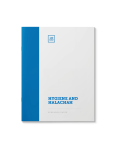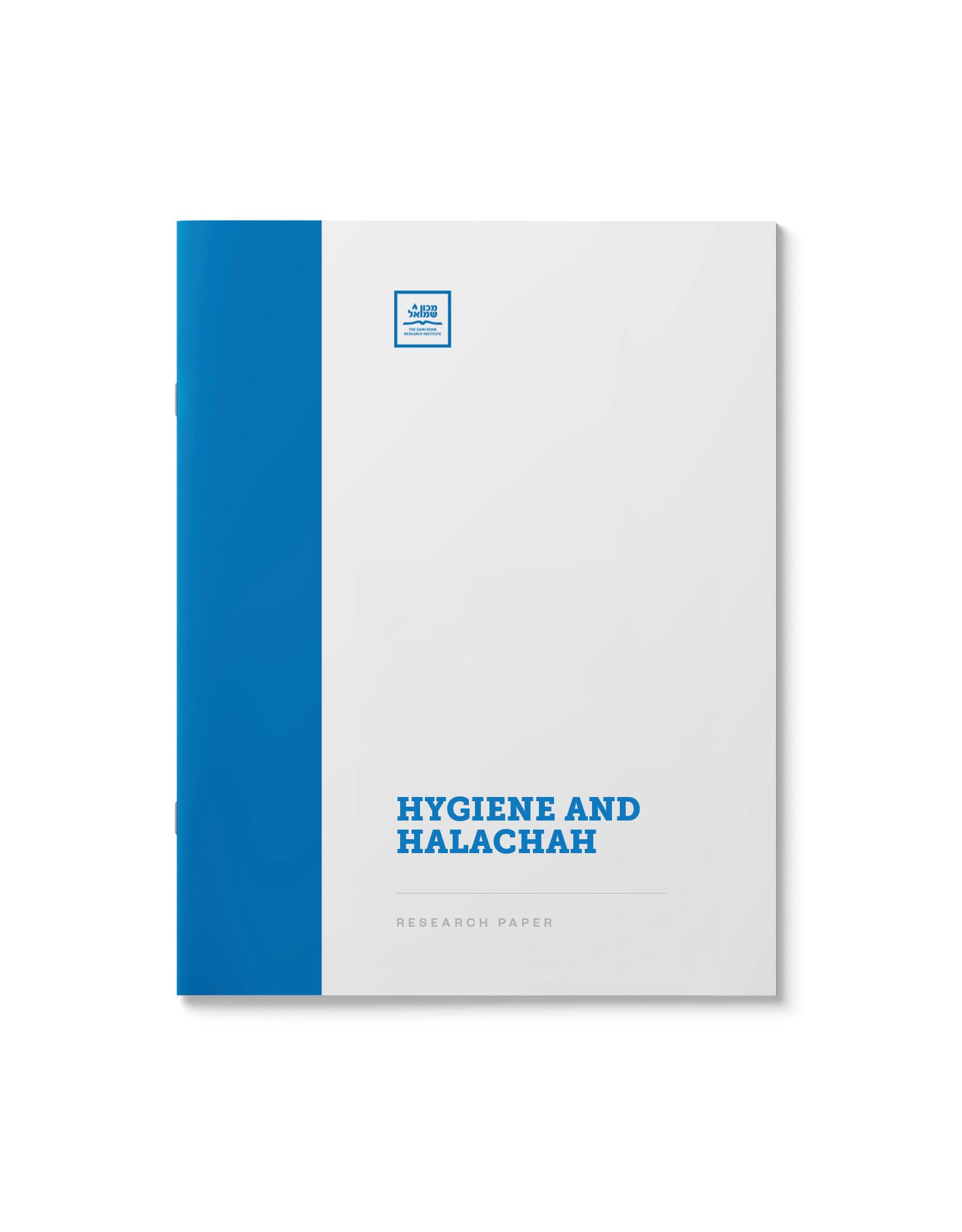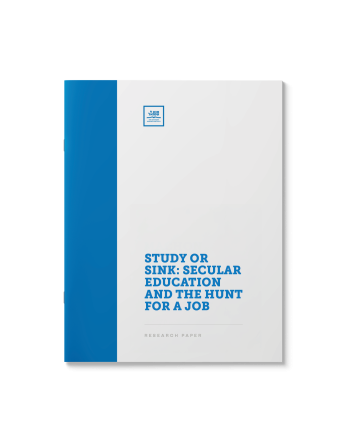Hygiene and Halachah
$39.00
What do Torah sources require in maintaining a high standard of cleanliness, particularly with regard to food preparation?
(Hebrew)
| Language | English |
|---|---|
| Paper Type | Sources |
| Pages | 4 |
Related Products
What is the purpose of dreams? Are their messages real? Is a dream about a Tzaddik to be considered fact or fantasy?
(Includes 88 pages of supplementary material)
Judaism generally eschews secular education at the expense of Torah study. The reality, though, is often that one must gain some education or skill in order to make a livelihood. What does Jewish law say about this? What are the limits? How do we balance dogma with daily life?
Related: Studying the Secular: The Soul of the Matter
The Rambam is famous for suggesting that the unique status of the tribe of Levi can be shared by all those who devote their lives to Torah study while relying on others for their livelihood.
Many have sought to reconcile this lifestyle with various rulings of the Talmud and Shulchan Aruch, as well positions of Rambam elsewhere. What are the arguments for and against?
הדרת פנים זקן. סקירה כוללת ומקיפה על יסוד איסור השחתת הזקן, השיטות והטעמים בזה.
עת לבכות ועת לשחוק. על סוגי בכיות השונות, מעלותיה והשפעתה על האדם, לאור השקפת הוגי מחשבת ישראל ומאורי החסידות.
A Yeshiva is the mainstay of the Jewish community. The Rebbe would often encourage people to support Yeshivos in a myriad of ways, be it by encouraging enrollment, assisting with financial support, and the like. This features a collection of the Rebbe’s talks on the importance of supporting Yeshivos.
Jewish ritual is rife with physical actions—such as standing, bowing, rising— which hint to the spiritual drama unfolding in the background. This paper takes a close look at several of these to gain an understanding of the complex interplay between man’s physical state and his spiritual state.
What are the challenges that the physically and mentally disabled face in observing Jewish law? Are exceptions made? How does halacha balance its obligations to the Torah and to man?
Many natural substances have psychoactive (mind-altering) properties that can significantly impact one’s mental state and affect one’s mood.
May an observant Jew avail himself of such stimulants? Is such recreation acceptable from a halachic standpoint, or does it contravene one’s Torah obligations? How would we judge actions taken while under the influence of drugs and alcohol?
See also: “The Drugs Debate” on the appropriate legislative attitude towards controlling the proliferation of potentially harmful substances.
Table of Contents
A look at the halachic status of those with mental and physical disabilities, such as autism and deaf-muteness.
Why is eating so important to Jewish people? Is there something holy about it? A comprehensive survey of the role that food and eating plays in Jewish life.
What does the Torah stand on narcotics and other illegal substances? Would halacha demand that government intervene and regulate its citizens’ drug use? Or perhaps it is better to legalize such things, allowing addicts to escape a life of crime and perhaps start on the path to recovery?















